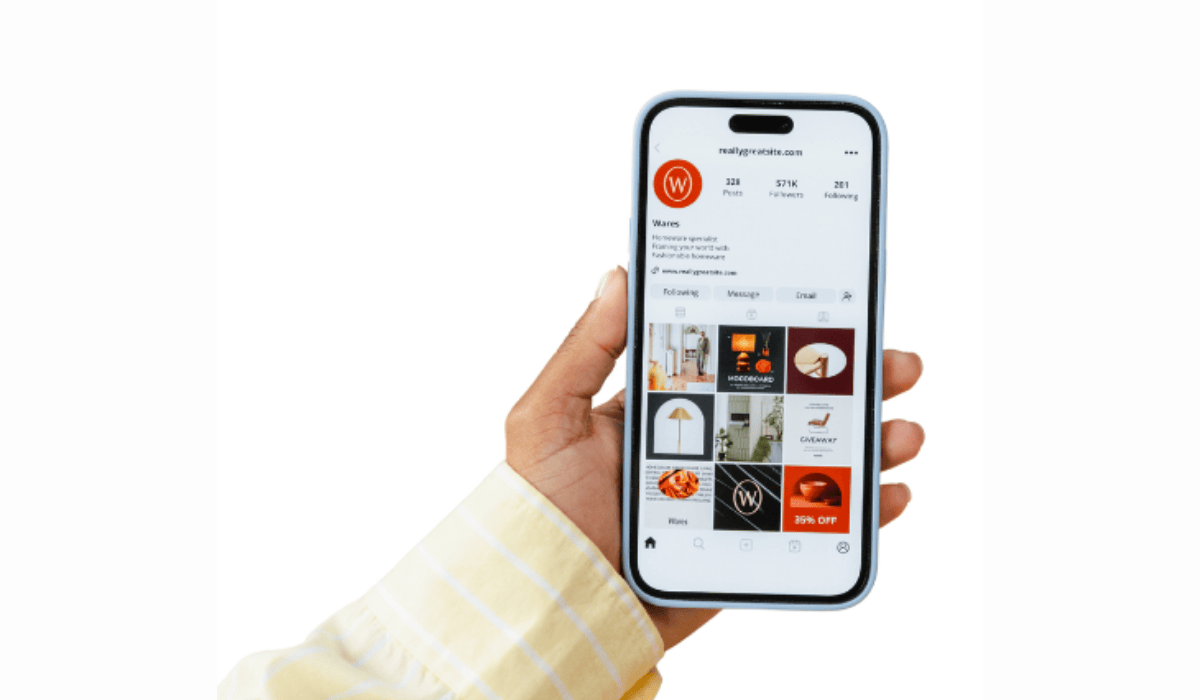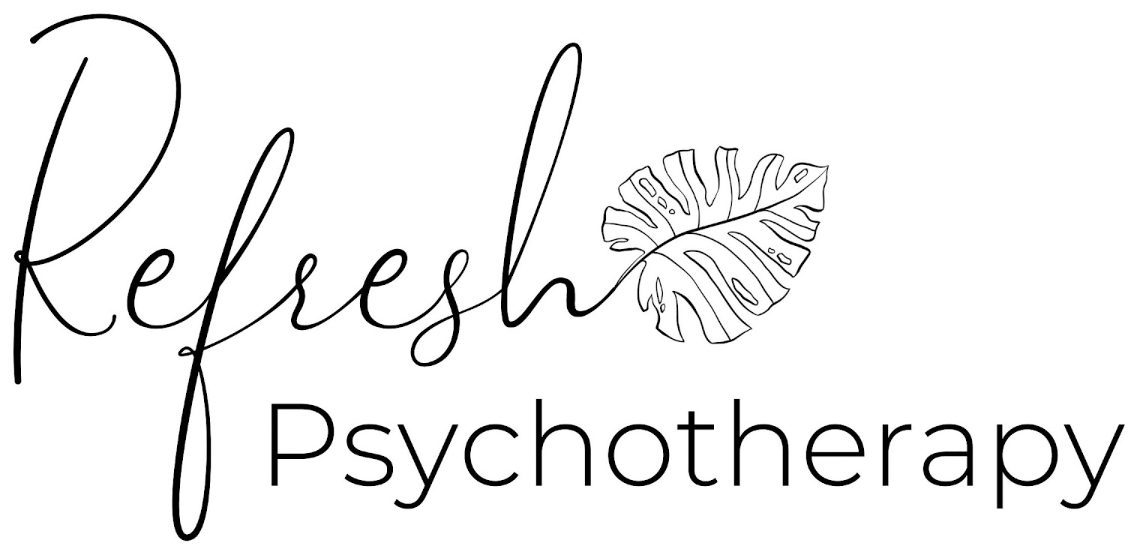
How Social Media Impacts Our Mental Well-Being (and What You Can Do)
Social media is everywhere—woven into how we communicate, work, entertain ourselves, and shape our identities. In theory, it’s a tool to enhance connection. In practice, many of us log off feeling drained, anxious, inadequate, or overstimulated. We know we’re supposed to take breaks, but doing so feels like falling behind—or worse, disappearing. This contradiction is part of what makes social media psychologically complex. It meets real needs—belonging, expression, information—but often in ways that come with emotional side effects. And while it’s easy to blame the technology, the real issue lies in how these platforms intersect with human psychology, identity, and mental health. This article goes beyond the generic advice to “use social media less.” Instead, it explores the underlying psychological mechanisms of digital engagement, how they interact with mental health vulnerabilities, and what actually works to protect your well-being without unplugging from modern life.
The Psychology Behind Social Media’s Emotional Grip
Social media platforms are built on behaviorist principles. Likes, follows, comments, and endless feeds are part of a variable reward system—the same one that makes gambling addictive. You don’t know which post will go viral, which story will hit a nerve, or what notification will boost your mood. So your brain keeps checking, hoping the next scroll gives you a dopamine hit. But social media doesn’t just stimulate. It also regulates. Many people—especially those managing anxiety, depression, or trauma—use social media as a form of mood management. It’s a break from internal discomfort, or from the unpredictability of real life. It gives you control: swipe when you want, exit when you want, curate what you want. This is what makes it so tricky. Social media can soothe and stimulate the nervous system—but often in a way that bypasses genuine emotional processing. Over time, this can make your baseline anxiety worse, not better.
Who Is Most Vulnerable to Social Media Fatigue?
Not everyone is affected by social media in the same way. Certain groups are more prone to its emotional downsides due to pre-existing vulnerabilities: People with perfectionistic tendencies—especially those who measure self-worth through productivity or external validation. Social media feeds into performance anxiety and comparison. Neurodivergent individuals—those with ADHD, autism, or sensory sensitivity may experience heightened emotional reactivity or difficulty disengaging due to platform design (Hughes et al., 2020). Trauma survivors—social media can trigger emotional flashbacks, hypervigilance, or dissociation—especially when exposed to news cycles or emotionally charged content. Teenagers and young adults—due to ongoing identity development and social sensitivity, this group is particularly impacted by digital feedback loops (Twenge et al., 2018). Professionals in helping or high-visibility roles—therapists, doctors, educators, or influencers may experience content fatigue from constantly managing emotional and informational input online. These populations may not only be more affected by content—but also more likely to internalize it.
How Social Media Disrupts Emotional Regulation
Social media can feel like a break—but it often prevents the brain from actually resting. Here’s how it undermines emotional well-being beneath the surface: Chronic Comparison: Even when we intellectually know a post is curated, our emotional brain responds to the image. Seeing a peer’s vacation, someone else’s engagement, or a competitor’s success can trigger feelings of inferiority or self-doubt. This is explained by social comparison theory (Festinger, 1954), which shows that humans instinctively evaluate themselves relative to others. Information Overload: Endless feeds and infinite content create a state of low-grade cognitive fatigue. Your brain is absorbing far more stimuli than it’s designed to process, often without meaningful rest in between. This makes focus harder and contributes to emotional reactivity. Nervous System Overactivation: Exposure to constant crises—mass shootings, climate disasters, political upheaval—can leave users in a state of fight-or-flight, even when scrolling from a couch. This is particularly destabilizing for trauma survivors or people with anxiety. Disconnection from the Present: When you’re scrolling, you’re not with your body. You’re somewhere else—mentally tracking, comparing, or reacting to people you may not even know. This disconnect can fuel derealization and emotional numbness, especially when done for long periods. Delayed Emotional Processing: Instead of journaling, meditating, or calling someone, many people turn to social media to escape uncomfortable feelings. This can create a bottleneck of unprocessed emotion that eventually explodes—or turns into chronic stress.
When Social Media Use Signals Emotional Burnout
It’s easy to miss the signs that your relationship with social media has become unsustainable—especially when your use is habitual, professional, or culturally normalized. Common signs include: Feeling agitated, heavy, or empty after scrolling. Noticing more frequent self-comparison or critical self-talk. Difficulty focusing on tasks or staying present in conversations. Obsessively checking metrics, notifications, or follower counts. Sleep disruption tied to nighttime screen use. Emotional flattening or numbness throughout the day. A spike in anxiety or irritability after consuming content. If you’re experiencing several of these symptoms consistently, your nervous system may be signaling that it’s overwhelmed—and that your digital input is a major contributor.
Why “Just Delete the App” Isn’t the Solution
It’s tempting to think that going offline will solve the problem. And for some people, especially those in acute distress, it might help. But for most of us, the relationship with social media is not just about the platform—it’s about what it represents: A source of connection. A way to feel relevant or productive. A buffer against loneliness or boredom. A substitute for intimacy. A place to express identity. Unless those underlying needs are acknowledged and met elsewhere, quitting cold turkey may only increase distress.
What Actually Helps: A Psychological Approach to Digital Boundaries
Identify Your Emotional Triggers Online: Start tracking what specifically triggers dysregulation. Is it before-and-after body content? Productivity porn? Travel envy? Crisis headlines? Knowing your emotional triggers helps you refine your feed and your boundaries. Establish Content “Buckets”: Think of your digital diet like your nutritional one. A balanced feed should include: accounts that inspire without pressuring, creators who educate in ways that feel grounding, content that makes you laugh or feel wonder, personal connections that feel reciprocal. Limit content that only stimulates comparison, outrage, or guilt. Schedule Reconnection Practices: It’s not enough to disconnect from social media—you also need to reconnect with your body, environment, and values. Try breathwork or nervous system regulation exercises, short walks without your phone, journaling to process what you feel, not just what you see, and in-person connection with someone who knows the unfiltered version of you. Redefine Productivity Without Performance: If you use social media to promote a business or maintain a public identity, your work may depend on being visible. That’s valid. But it’s also important to create offstage time—moments when your value isn’t being measured by likes, reach, or views. Reclaim slowness, imperfection, and invisibility as part of your wellness strategy. Use Therapy to Unpack the Internal Pressure: If social media consistently makes you feel like you’re not doing enough, not thin enough, not successful enough, that’s not a feed problem—it’s a schema problem. Therapy can help explore where those beliefs began, how they’re reinforced by digital culture, and what needs to shift internally for your nervous system to stop bracing every time you open an app.
You’re Not Broken—You’re Overstimulated
Social media often makes people feel like they’re failing at modern life. But in most cases, the problem isn’t your willpower. It’s the cumulative impact of constant digital input on a brain that was never meant to process this much stimulation. You’re allowed to need slowness. You’re allowed to log off. You’re allowed to structure your digital life around your nervous system—not your algorithm.
If you’re ready to explore a more sustainable relationship with your screen, your self-worth, and your emotions, therapy can help you build boundaries that don’t rely on restriction—but on respect for your mental capacity.
Book your appointment today at refreshtherapynyc.clientsecure.me.
Written by: Keeley Teemsma, LCSW, MA
Works Cited
Fardouly, J., Diedrichs, P. C., Vartanian, L. R., & Halliwell, E. (2015). Social comparisons on social media: The impact of Facebook on young women’s body image concerns and mood. Body Image, 13, 38–45. https://doi.org/10.1016/j.bodyim.2014.12.002
Festinger, L. (1954). A theory of social comparison processes. Human Relations, 7(2), 117–140. https://doi.org/10.1177/001872675400700202
Hughes, D. J., Rowe, M., Batey, M., & Lee, A. (2020). A tale of two sites: Twitter vs. Facebook and the personality predictors of social media usage. Computers in Human Behavior, 28(2), 561–569. https://doi.org/10.1016/j.chb.2011.11.001
Levenson, J. C., Shensa, A., Sidani, J. E., Colditz, J. B., & Primack, B. A. (2017). The association between social media use and sleep disturbance among young adults. Preventive Medicine, 85, 36–41. https://doi.org/10.1016/j.ypmed.2016.11.003
Naslund, J. A., Aschbrenner, K. A., Marsch, L. A., & Bartels, S. J. (2016). The future of mental health care: Peer-to-peer support and social media. Epidemiology and Psychiatric Sciences, 25(2), 113–122. https://doi.org/10.1017/S2045796015001067
Twenge, J. M., Joiner, T. E., Rogers, M. L., & Martin, G. N. (2018). Increases in depressive symptoms, suicide-related outcomes, and suicide rates among U.S. adolescents after 2010 and links to increased new media screen time. Clinical Psychological Science, 6(1), 3–17. https://doi.org/10.1177/2167702617723376
Verduyn, P., Ybarra, O., Résibois, M., Jonides, J., & Kross, E. (2017). Do social network sites enhance or undermine subjective well-being? A critical review. Social Issues and Policy Review, 11(1), 274–302. https://doi.org/10.1111/sipr.12033
